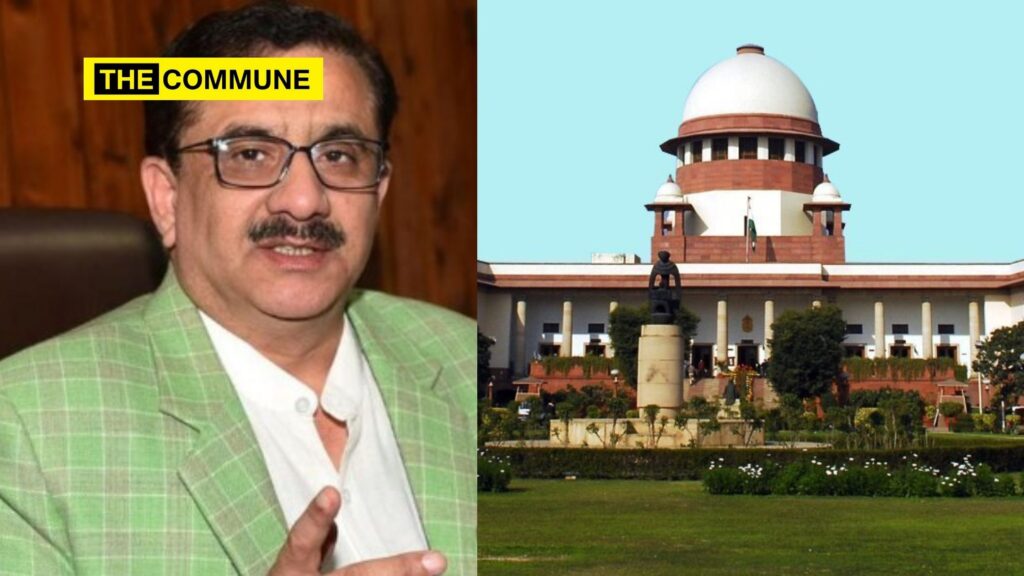The petition filed in the Supreme Court by former Uttar Pradesh Shia Waqf Board chairman Wasim Rizvi on Monday (12 April) seeking removal of 26 verses of the Quran has been dismissed, Live Law has reported.
If the dismissal of the petition was not enough, the apex court bench led by Justice R F Nariman termed the petition “absolutely frivolous” and imposed ₹50,000 in costs incurred by the court.
“Are you pressing the petition? Are you seriously pressing the petition?”, Justice Nariman asked the counsel appearing for Rizvi.
In reply, Rizvi’s lawyer said, “My submission is that these preachings advocate violence against non-believers. Children are kept at captivity at madrasas at a tender age. Students are not to be indoctrinated. These preachings cannot be in the market place of ideas. I have written to the Central Government for action, but nothing has happened.”
Rizvi’s lawyer submitted before the court that the confining plea was towards the regulation of Madrasa education while claiming that the literal interpretation of certain verses preached violence against non-believers. His client had singled out 26 of these Quranic verses used as justifications by Islamist terrorists to attack non-believers, he said.
“On account of the verses of Holy Quran, (more particularly described in the Writ Petition), the religion of Islam is drifting away from its basic tenets with a fast pace and nowadays is identified with violent behavior, militancy, fundamentalism, extremism and terrorism”, the petition adds.
The Legal Rights Observatory also tweeted on the Supreme Court’s attitude to the case.
Compare Yourself
— Legal Rights Observatory- LRO (@LegalLro) April 12, 2021
1- Petition against #Hindu religion, tradition, temple, culture, Courts wud take it up on priority, pass order bending age old traditions, claim progressive credit!
2- Petition on #Islam #Christianity, term it frivolous, dismiss impose fine!#WasimRizvi #Quran pic.twitter.com/EwZmkJ3AIf
When Wasim Rizvi filed the petition for the petition, there was a huge outcry and threat of violence against him. Muslims even declared him an ‘apostate’, i.e., Muslim turned non-believer. Apostasy is punishable by death in Islam. A Muslim cleric had offered ₹20,000 to anyone who brought him Rizvi’s head.
The case is reminiscent of the petition filed by advocate Chandmal Chopra and Sital Singh in the Calcutta High Court, seeking a ban on the Quran altogether. An application was filed on March 29, 1985, under Article 226 (power of the High Court to issue some writs) of the Indian Constitution, asking the Calcutta High Court to direct the government to ‘forfeit’ every copy of the ‘Holy book’.
The petitioners had argued that every copy of the Quran is ‘liable to be forfeited’ under Code of Criminal Procedure (CrPC) Section 95 (Power to declare certain publications forfeited) when read with Indian Penal Code (IPC) Sections 153A (Promoting enmity between different groups on grounds of religion) and 295A (Deliberate and malicious acts, intended to outrage religious feelings).
Click here to subscribe to The Commune on Telegram and get the best stories of the day delivered to you personally.

